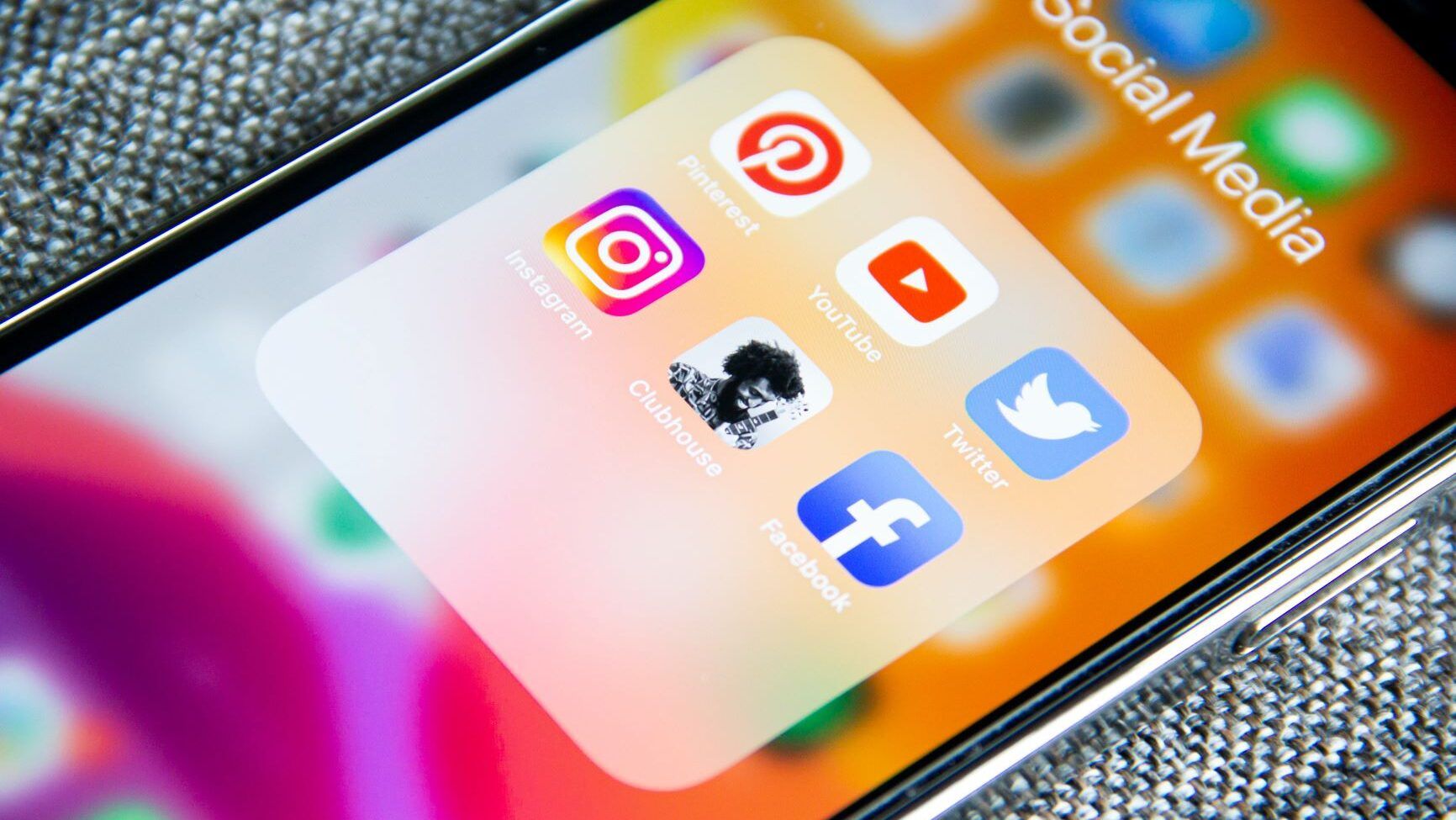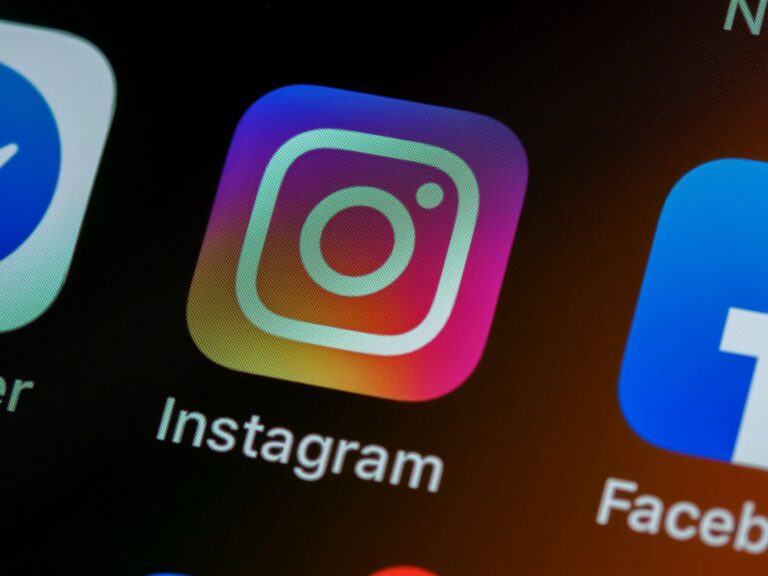
Social media companies like Facebook and Twitter are facing increasing scrutiny, for laissez-faire (or non-existent) enforcement techniques with high-profile users. The stricter, somewhat scattershot enforcement became more public in January, when Facebook, Snapchat, Twitch, Twitter, and YouTube barred former President Trump from their platforms for varying lengths of time on the grounds that his posts had helped incite the January 6 storming of the Capitol. At the time, Facebook CEO Mark Zuckerberg determined that allowing continued access was “simply too great” a risk.
Now, Facebook’s Oversight Board – a 2018 creation designed to help the tech giant navigate difficult, free expression-related decisions on the platform through “independent judgment” – has entered the news cycle in a big way, ruling that Facebook “was justified in banning then-President Donald Trump from its platform the day after the Jan. 6 riot at the U.S. Capitol.” Most crucially, however, the board also told Facebook it “needs to reassess how long the ban will remain in effect.”
Who is the Oversight Board, and what does their decision mean for the platform?
Facebook’s Oversight Board
The Facebook Oversight Board is a Facebook trust-funded body that acts as an outside, ruling authority on difficult speech decisions. Its 20 members come “from a variety of cultural and professional backgrounds, reflecting the diversity of the Facebook community itself. These members were chosen because they are experienced at deliberating thoughtfully and collegially, skilled at making and explaining decisions based on a set of policies or principles, and familiar with digital content and governance.” It eventually plans to encompass 40 members.
The board chooses its cases, which “can be referred either by a user who have exhausted Facebook’s appeals process or by Facebook itself for ‘significant and difficult’ cases.” A five-member panel (including a member from “the same geographic region as the case originated”) reviews the case, asking for assistance where needed from experts in pertinent areas. All members then vote, with a majority needed to finalize a decision. It has ruled on 11 cases to date, wading through sensitive “moderation decisions around blackface, threats of violence and COVID-19 misinformation… overturn[ing] Facebook’s decisions six times, [upholding] them three times, and was unable to complete a ruling once.”
The Trump Ruling
In a decision criticized by some for abdicating responsibility in the face of a difficult decision involving a world leader, Facebook asked the Oversight Board on January 21st to review its ban on former President Trump. The board upheld Facebook’s ban on May 5th, almost four months to the day that the platform suspended his account in the first place, ruling that “in maintaining an unfounded narrative of electoral fraud and persistent calls to action, Mr. Trump created an environment where a serious risk of violence was possible.”
But Facebook was not let off the hook entirely. The Oversight Board also determined that Facebook “violated its own rules by imposing a suspension that was ‘indefinite.’” According to tweets from the Oversight Board, a penalty without a clear end date is “not described in Facebook’s content policies,” and that lack of clarity “gives Facebook total discretion on when to impose or lift it.” It gave Facebook executives six months to issue a final ruling on Trump’s access to the platform as the suspension remained in effect.
What’s Next for Facebook?
The social media giant remains in a difficult position. Facebook “refused to answer seven of the 46 questions” asked of it by the Oversight Board, reports Wired, including “some critical issues like how the News Feed spread Trump’s posts and affected the way the company handled the January 6 insurrection.” Michael McConnell, a Stanford law professor and co-chair of the board, told reporters that its “sole job is to hold this extremely powerful organization, Facebook, accountable.” Its ban on former President Trump “did not meet these standards.”
The decision attracted bipartisan criticism that reflects growing disillusionment with Big Tech on both sides of the aisle. Republicans used the ruling as an opportunity to weigh in on perceived free speech arbitration and antitrust offenses, while Democrats like House Energy and Commerce Committee chairman Frank Pallone criticized how “Facebook and other social media platforms with the same business model will find ways to highlight divisive content to drive advertising revenues.”
The Oversight Board’s lack of legal authority means it has limited means to affect change, but its decisions still have repercussions. The Trump case (and eventually Facebook’s ultimate decision) will be closely watched and treated as an example for future incidents involving world leaders and other high-profile figures. An imperfect solution to a lingering problem, the Oversight Board will remain in a position of power – even if that power is restricted.







